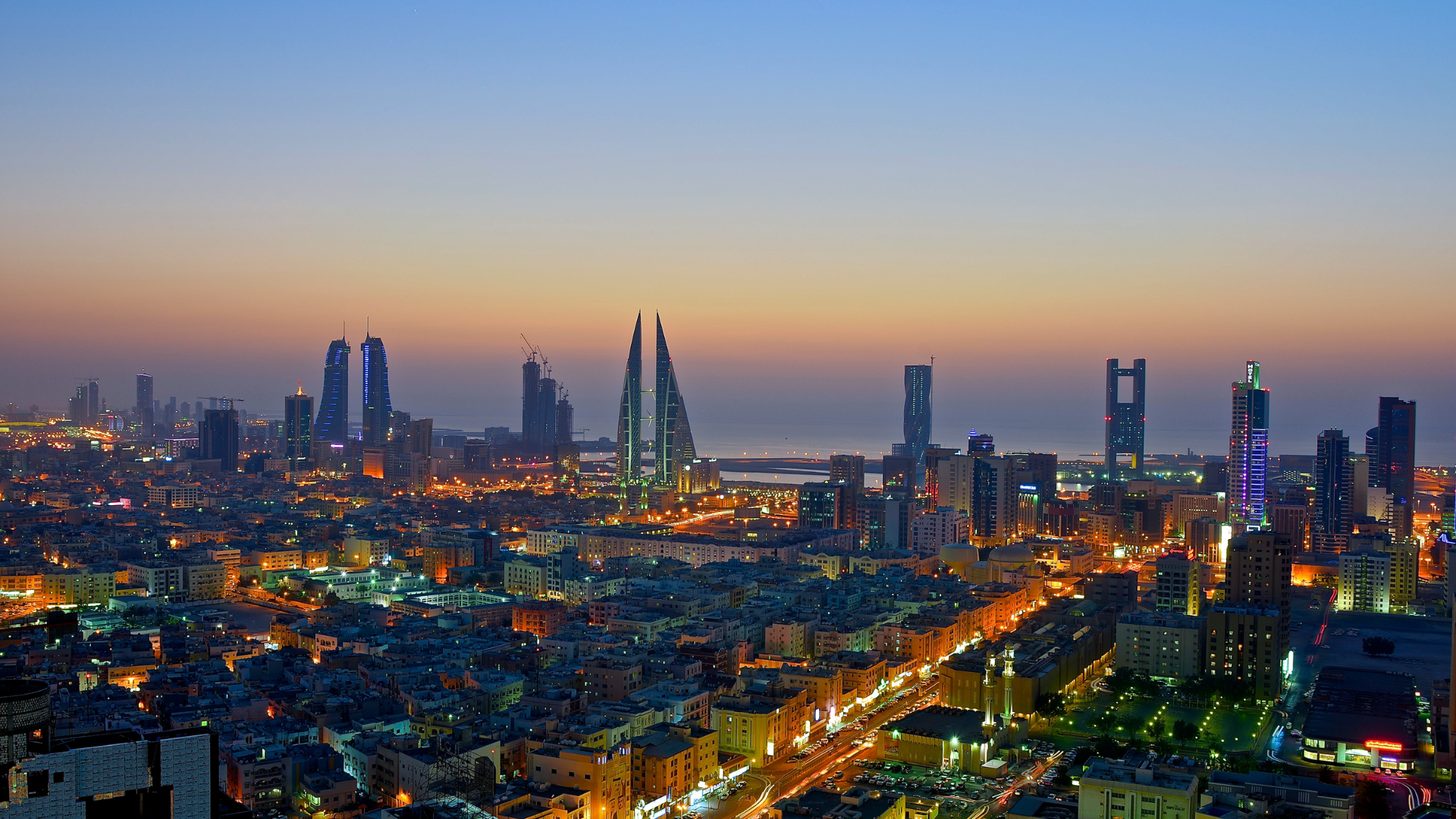In a bid to foster inclusivity and boost investment, Saudi Arabia’s Ministry of Human Resources and Social Development has introduced a significant update to its Nitaqat Saudization program. This groundbreaking move aims to treat foreign investors on par with Saudi nationals, marking a pivotal shift in the country’s approach to workforce diversity and economic development.
Under this new provision, foreign investors, who are owners of private establishments, will be classified as Saudis within the Nitaqat framework. This means they will be included in the calculation of Saudization percentages, bringing them under the same umbrella as their Saudi counterparts. This move not only recognizes the valuable contributions of foreign investors but also reiterates Saudi Arabia’s commitment to creating a favourable environment for business growth and global investment.
The updated classification extends to various categories of non-Saudis, further enriching the inclusivity of the program. For instance, Saudi women citizens children from non-Saudi nationals, as well as non-Saudi widows of citizens, will also be treated as Saudis. Additionally, Saudi citizens engaged in remote work will enjoy equal status to regular Saudi employees, reflecting the evolving nature of modern work arrangements.
Certain groups including workers from displaced tribes, citizens of Gulf countries, and Gulf-based athletes will also be considered on par with Saudis in saudization calculations. This demonstrates Saudi Arabia’s commitment to fostering collaboration and unity across diverse demographics.
However, it’s worth noting that some expatriate groups will be factored into Saudization calculations at lower proportions. For example, Palestinians holding Egyptian passports and Baluchis will be counted at a rate of 0.25 of the normal proportion of expatriate workers. Similarly, individuals from Myanmar or Burmese descent will be calculated at a reduced rate, with exceptions for Burmese nationals residing in Makkah and Madinah.
In tandem with these changes, Saudi Arabia has witnessed a huge surge in foreign direct investment, reaching SR 105 billion by the end of 2022, marking an increase of 21.4% compared to the previous year, 2021. This uptick underscores the growing confidence of international investors in Saudi Arabia’s burgeoning economy and its commitment to fostering a conducive
investment climate.
The Ministry of Investment attributes this significant influx of foreign direct investment to the enhanced competitiveness and empowerment of the private sector. The newfound methodology not only facilitates the identification of promising investment opportunities but also aligns with the objectives of Vision 2030 and the National Investment Strategy.
Saudi Arabia’s revamped Nitaqat program heralds a new era of inclusivity and opportunity for foreign investors. By treating them on par with Saudi nationals, the kingdom is not only attracting global talent but also laying the groundwork for sustainable economic growth and prosperity in line with its ambitious vision for the future.

